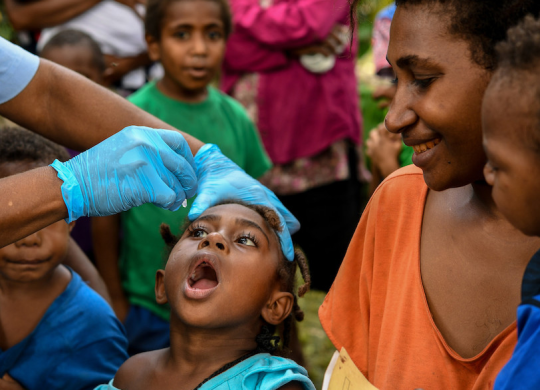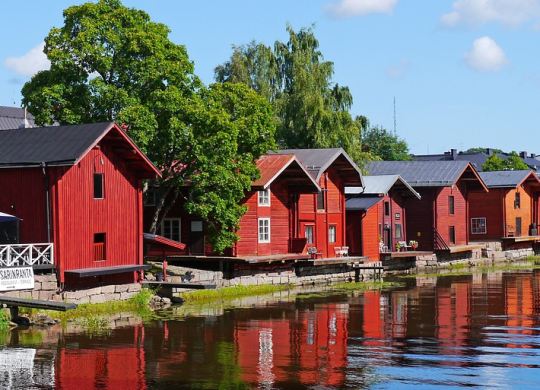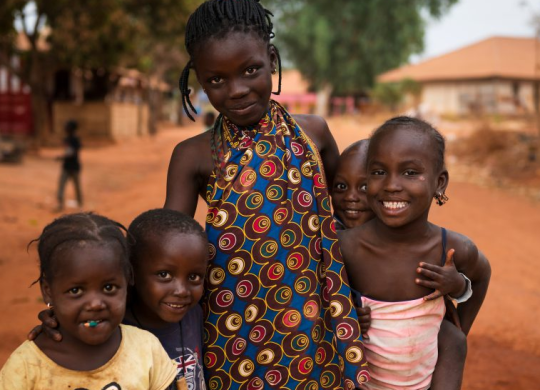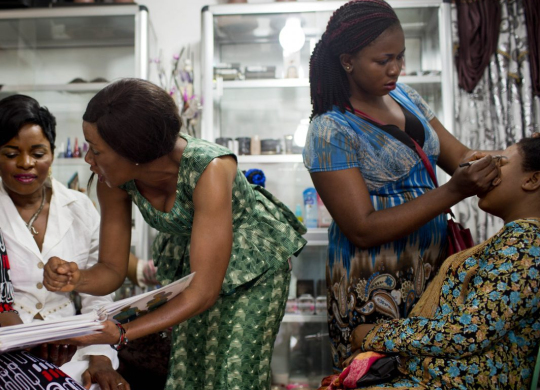Medicine in Guinea: Features and complexities of the healthcare system

Guinea has reorganized its health care system since the Bamako Initiative of 1987 formally promoted community-based methods of making drugs and health services more accessible to the population, in part by introducing user fees.
The new strategy greatly increased the availability of community-based health services, resulting in more efficient and equitable service delivery and treatment. The integrated strategy has been extended to all areas of health care, with subsequent improvements in health indicators and the efficiency and cost of health care. However, the level of health services in Guinea is low. Because of the problems and number of diseases in the country, there is a possibility of getting malaria or Ebola. Therefore, it can be unsafe and it is important to consider all the nuances and be prepared before you travel.
What you need to do to come to the country and get health care
If you are to visit this beautiful but potentially unstable West African country, special Guinea insurance will be required. Although Guinea was tragically hit by the Ebola epidemic in 2014, it was declared free of the disease in 2016, but since then there have been several minor outbreaks. The risk of terrorism, poor medical care, dangerous road travel, and occasional political instability mean that health insurance in Guinea must be reliable.
Because there are few medical facilities, in case of a medical emergency, you must be evacuated by air ambulance to the country with appropriate care, and you should provide this along with comprehensive international health insurance in Guinea. We advise you to use only trusted insurance companies. If you need qualified help, contact the experts on our website, who will competently select a safe and suitable insurance plan.
Peculiarities and complexities of the health care system in Guinea
An ethnographic study conducted in rural and urban areas of the Republic of Guinea revealed perceived differences between biomedical and traditional treatments and found that these differences drive parents' decisions to seek health care for infants, with 93% of all health care spending occurring outside the public sector.
In June 2011, the government of Guinea announced an air solidarity levy on all flights departing from the national territory, with funds going to UNITAID to support expanded access to treatment for HIV/AIDS, tuberculosis, and malaria. countries and development partners using market-based transaction taxes and other innovative financing mechanisms to expand health financing options in resource-limited settings.
In the absence of a sufficient response from the international community during the Ebola outbreak, the health infrastructure was expanded to include laboratories and hospital facilities with the help of nongovernmental organizations such as Doctors Without Borders, UC Rusal, or the Private Sector Mobilization Group for Ebola.
In 2015, the U.S. Centers for Disease Control and Prevention (CDC) began implementing District Health Information Software 2 (DHIS2) to manage routine epidemic disease surveillance and surveillance data and quickly identify outbreaks in Guinea. In 2018, CDC and partners developed standardized data collection tools that include updated case notification forms and combined case data from clinical and laboratory sources. These tools are now integrated into DHIS2. CDC and the African Epidemiology Network (AFENET) also supported DHS to incorporate the COVID-19 and Ebola modules into DHIS2 and train healthcare workers to use the system. In 2019, CDC transferred community-based disease surveillance activities to DHS. CDC continues to support DHIS2 training for health facility staff and health care providers in all 38 counties in Guinea.
Hospitals
• Ambroise Paré Hospital.
• Ignace Dean Hospital.
• Donka Hospital is the largest public hospital in Guinea.
Recommended articles
3 min
Treatment
The healthcare system in Finland: a detailed guide for expats
Finland has a public (universal) healthcare system, which means that everyone can receive medical care and other related services here. However, depending on the purpose of the foreigner's stay and the country of origin, the conditions for obtaining such services and their cost may differ. Find out more about the healthcare system (public and private), health insurance, emergency services and medical tourism in Finland
08 maj. 2024
More details5 min
Treatment
7 min
Residence permit
All materials and articles are owned by VisitWorld.Today and are protected by international intellectual property regulations. When using materials, approval from VisitWorld.Today is required.
